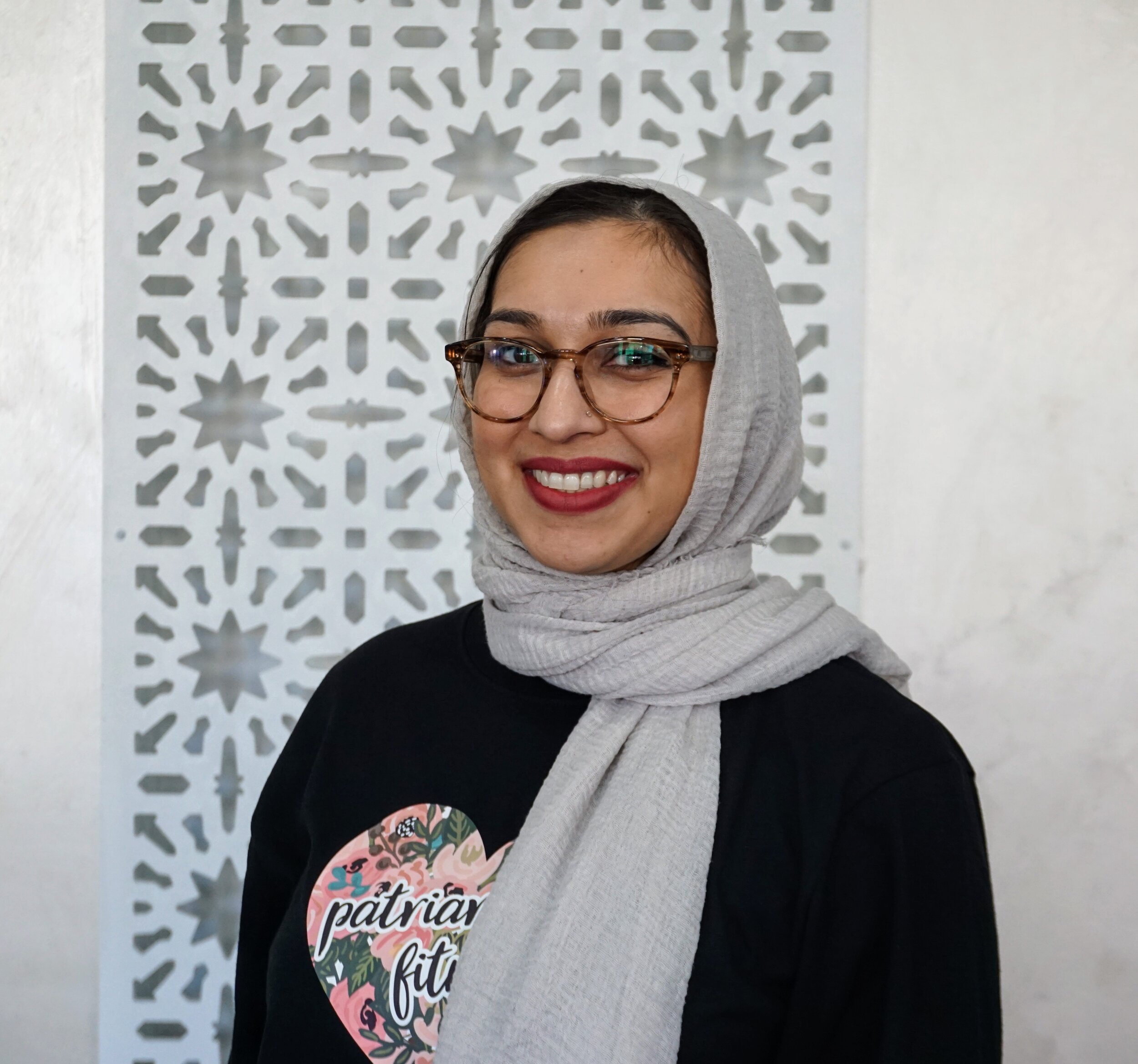Sahar Pirzada
Advocacy and West Coast Programs Manager for HEART & Co-Director of Vigilant Love
Listen Now
In a powerful moment during the interview, Sahar explains how religion and political thought has become pathologized through CVE’s inclusion of mental health professionals.
How has mental health been used to scapegoat the Muslim community in CVE programs? Why is it important to address the mental health component? What does mental health do for counterterrorism frameworks?
Sahar’s Story Offers Lessons in:
Building coalitions across local and national levels
Creating spaces of healing and mental health wellbeing when organizing for abolitionist futures
Addressing experiences of gender islamophobia both within and outside of the Muslim community
The impact of organizing on the organizer

